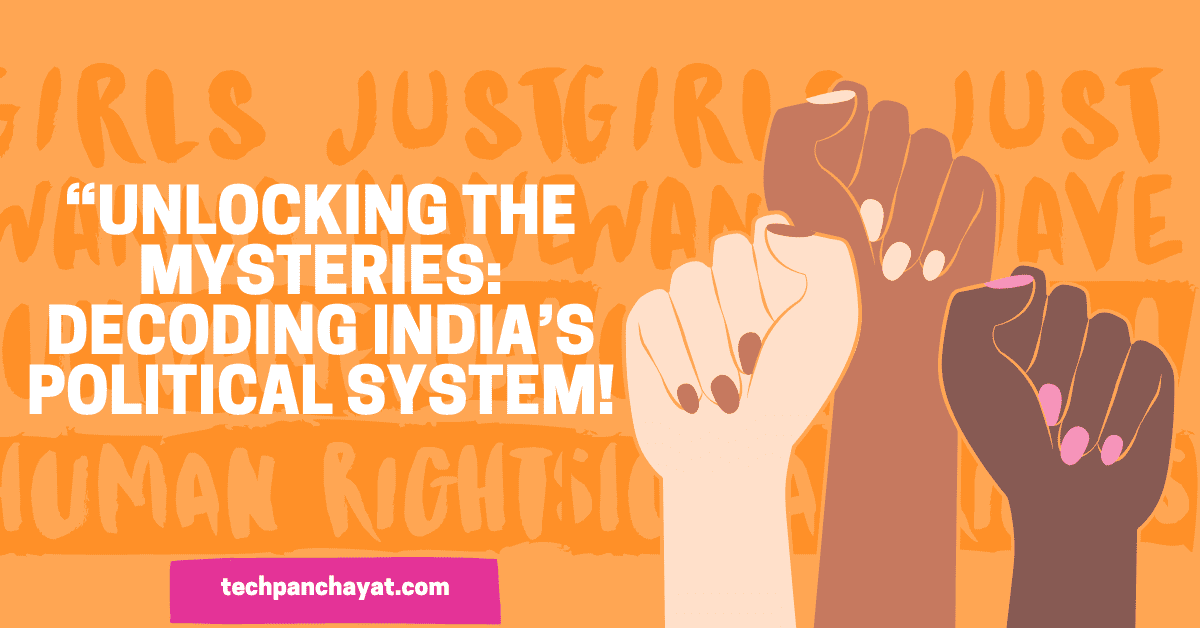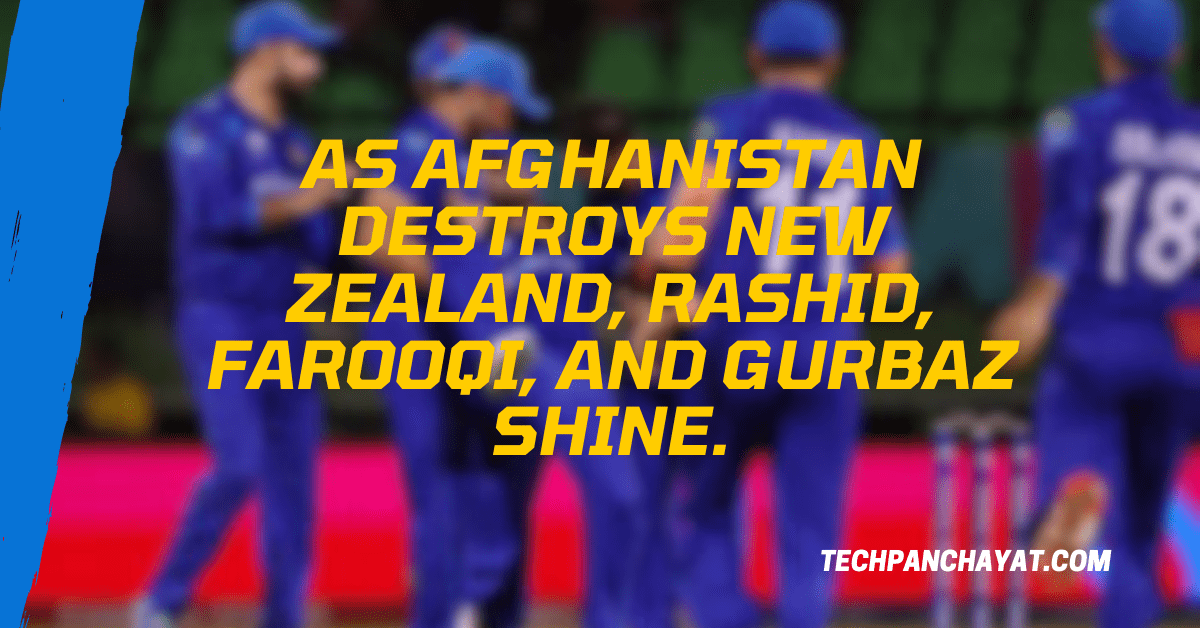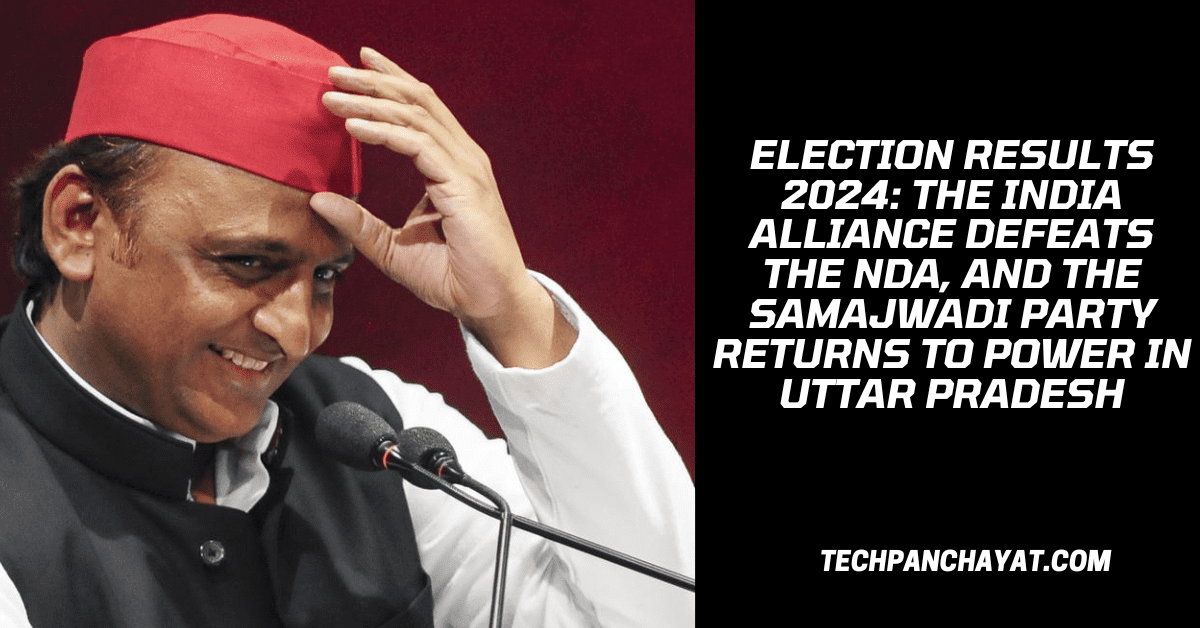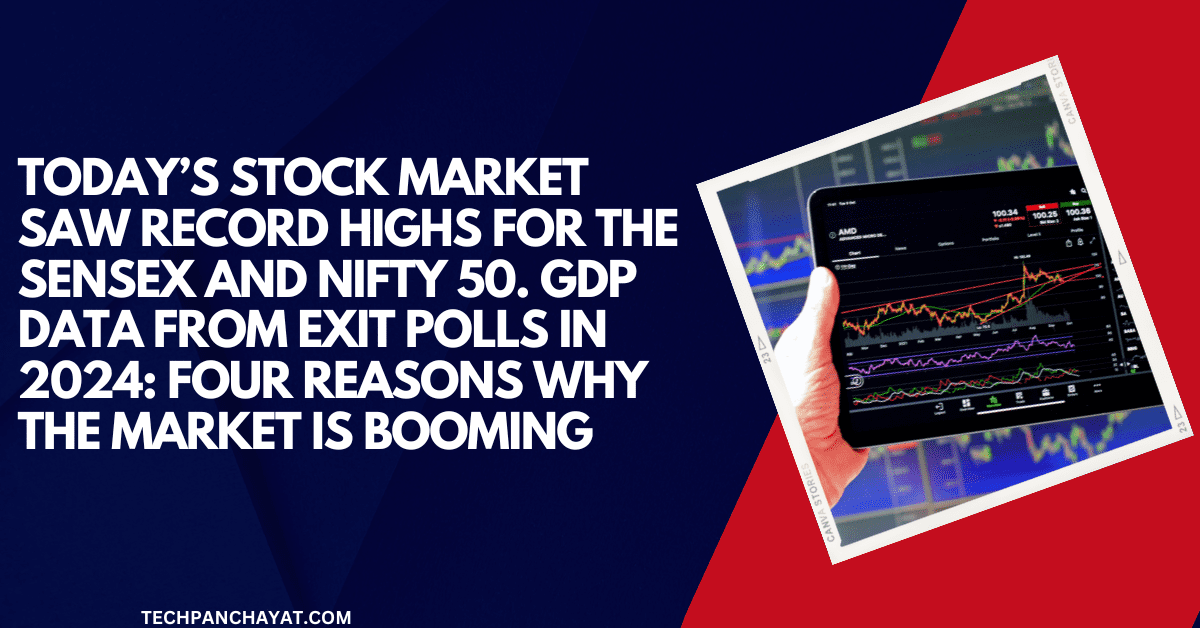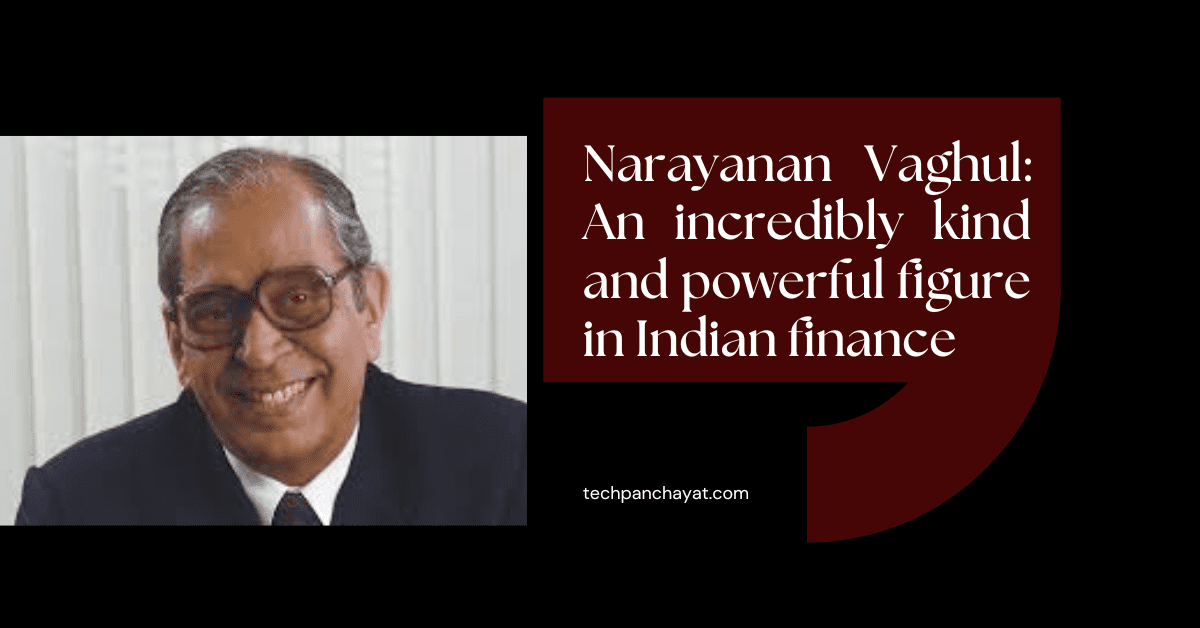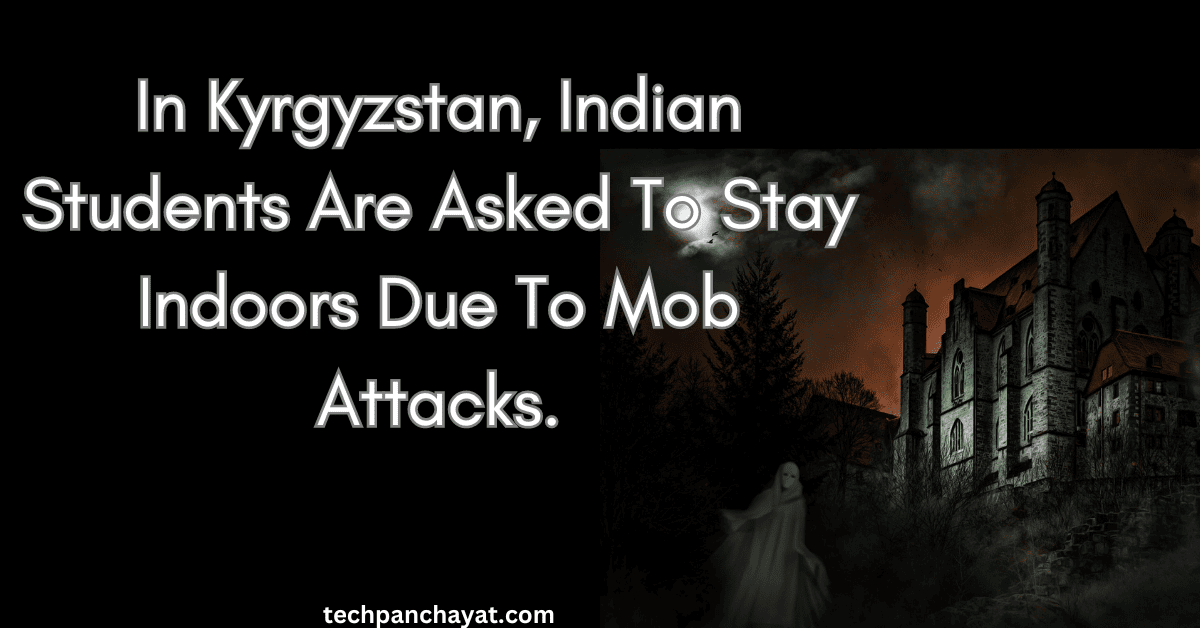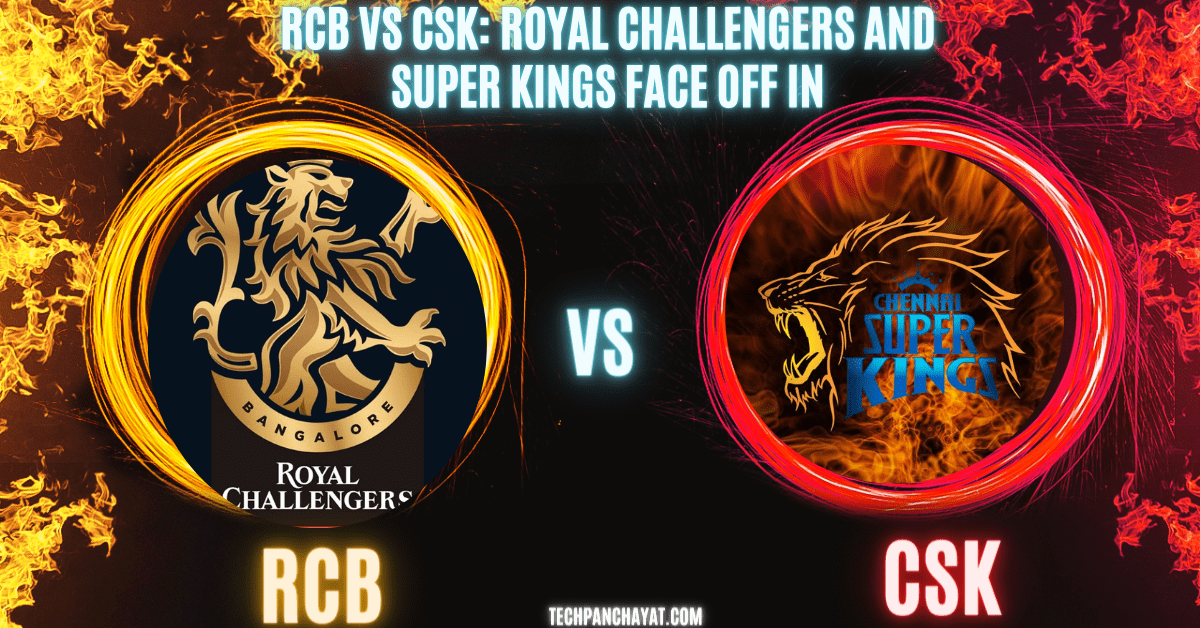Politics System in India
India, a vibrant and diverse nation known for its rich culture and history, boasts one of the most intricate political systems globally. From ancient civilizations to modern democracy, India’s political landscape has evolved significantly, shaped by its unique historical background, diverse society, and complex governance structures.
Introduction to the Political System in India
Understanding India’s political system requires delving into its historical roots, governmental structures, political parties, electoral processes, challenges, and future prospects.
Historical Background
India’s political journey traces back thousands of years, with ancient civilizations like the Maurya and Gupta empires demonstrating sophisticated systems of governance. However, it was the British colonial rule that significantly impacted India’s modern political landscape. The struggle for independence led by figures like Mahatma Gandhi and Jawaharlal Nehru laid the foundation for democratic governance.
Structure of Indian Government
India operates under a federal parliamentary democratic system, with a President as the ceremonial head of state and a Prime Minister as the head of government. The government is divided into three branches: the Executive, Legislative, and Judicial, ensuring a system of checks and balances.
Political Parties
India’s political arena is characterized by a multitude of parties, ranging from national giants like the Indian National Congress and Bharatiya Janata Party (BJP) to numerous regional players representing diverse interests. Coalitions often govern due to the fragmented nature of the party system, leading to complex alliances and negotiations.
Elections and Voting
Elections in India, known for their scale and complexity, are overseen by the Election Commission, ensuring free and fair polls. With a diverse electorate comprising millions, voting patterns vary across regions, influenced by factors like caste, religion, and socio-economic status.
Challenges and Issues
Despite progress, India faces numerous challenges, including corruption, communal tensions, and socio-economic disparities. Addressing these issues remains crucial for ensuring inclusive and sustainable development.
Role of Media
Media plays a significant role in shaping public opinion and holding the government accountable. While India enjoys a vibrant media landscape, challenges like censorship and bias highlight the need for responsible journalism and media ethics.
Reforms and Future Prospects
Recent reforms have aimed to strengthen democratic institutions, enhance transparency, and promote good governance. However, addressing deep-rooted issues and embracing technological advancements will be essential for India’s political system to adapt and thrive in the future.
Conclusion
India’s political system reflects its rich history, diverse society, and commitment to democratic principles. Despite challenges, the nation continues to progress, guided by its resilient institutions and the collective aspirations of its people.
FAQs
What is the role of the President in India’s political system?
- The President serves as the ceremonial head of state, with limited executive powers. They play a crucial role in the functioning of the government by approving bills, appointing key officials, and representing India internationally.
How do regional parties impact national politics?
- Regional parties often hold significant influence, especially in states with diverse linguistic and cultural identities. They play a vital role in coalition politics, shaping national policies and agendas.
What are some recent electoral reforms in India?
- Recent electoral reforms include measures to enhance transparency, such as the introduction of Voter Verified Paper Audit Trails (VVPATs) and the use of electronic voting machines (EVMs) to minimize electoral fraud.
How does the caste system influence politics in India?
- The caste system continues to influence Indian politics, with caste-based identities playing a crucial role in electoral strategies, candidate selection, and voter behavior, particularly in rural areas.
What role do women play in Indian politics?
- While women make up a significant portion of the electorate, their representation in politics remains disproportionately low. Efforts to promote gender equality and empower women in leadership positions are ongoing but face challenges.

